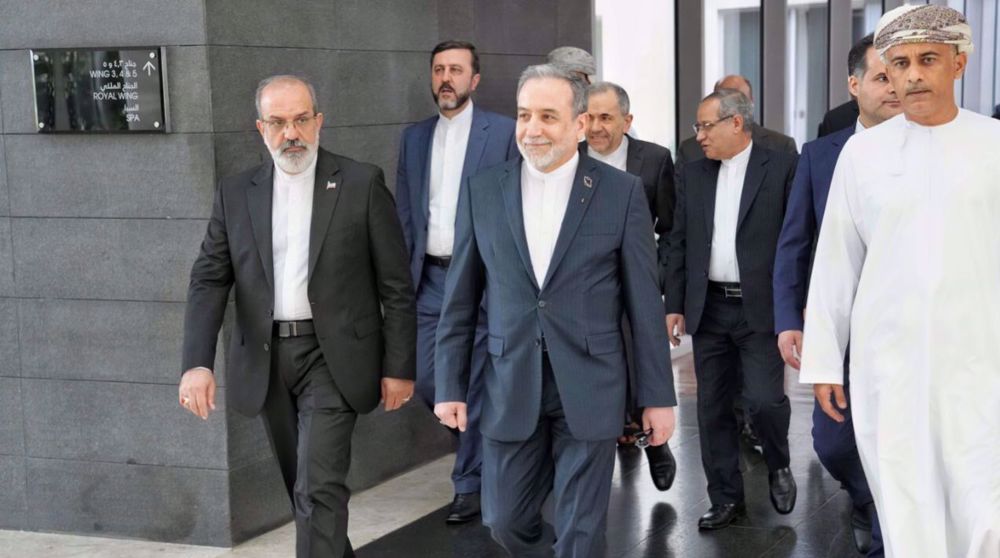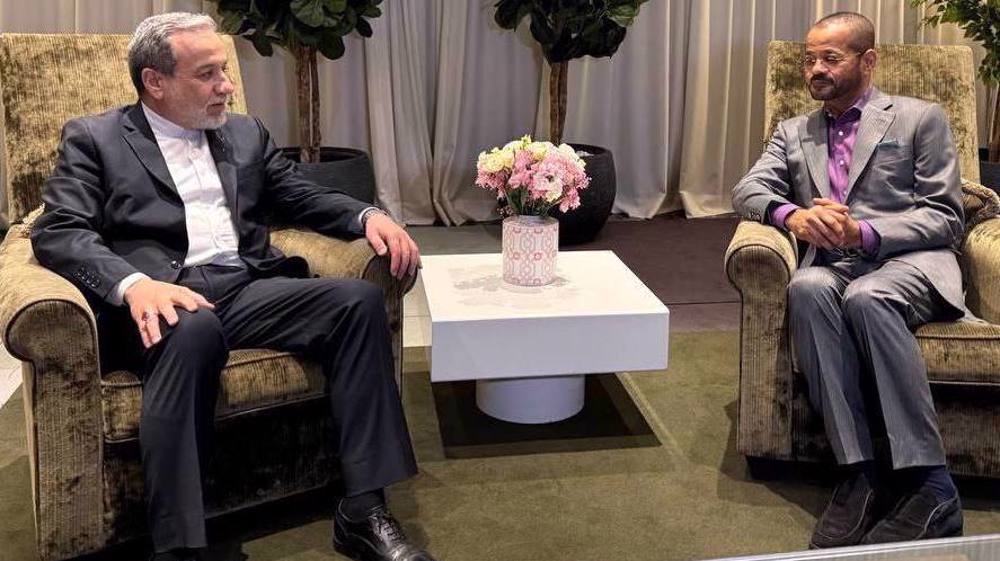Iran's enrichment capacity reaches 8,660 SWUs: AEOI official
A high-ranking official at the Atomic Energy Organization of Iran (AEOI) says the country has made significant achievements in indigenizing its nuclear industry and its uranium enrichment capacity currently stands at 8,660 separative work units (SWUs).
"Iran's enriched uranium stock has reached over 500 kilograms and this important [capacity] is being increased. It will reach around 11,000 SWUs within the next days," Ali Asghar Zare'an, special assistant to the AEOI head, Ali Akbar Salehi, made the remarks in an interview with the Islamic Republic News Agency (IRNA) on Friday.
He added that before the third step that Iran took to reduce its commitments under the 2015 nuclear deal, officially known as the Joint Comprehensive Plan of Action (JCPOA), the country produced 450 grams of enriched uranium per day but it has been multiplied by 10 times and reached to some 5,000 grams per day.
Speaking in an interview with the Associated Press on Monday, the AEOI chief said Iran has increased its daily production of low-enriched uranium (LEU) after it resumed enrichment at the Fordow facility.
Salehi added that Iran was now producing at least 5.5 kilograms of low-enriched uranium per day, compared to previous production of about 450 grams per day.
The AEOI said on November 6 that it had officially started injecting gas into hundreds of centrifuges at Fordow in the fourth step away from the nuclear deal signed between Iran and major world powers.
It involves injecting UF6 (uranium hexafluoride) gas into centrifuges under the supervision of inspectors from the International Atomic Energy Agency (IAEA).
The Islamic Republic says the suspension of its commitments is not a violation of the JCPOA but is based on Articles 26 and 36 of the agreement itself.
The fate of the Iran deal has been in doubt since May 2018, when the US abruptly abandoned the deal and reinstated the anti-Iran sanctions that it had lifted as part of the JCPOA.
Tehran says the European cosignatories — Britain, Germany and France — have so far failed to uphold their commitments. They have expressed vocal support for the deal, but failed to provide meaningful economic incentives as required under the nuclear agreement.
Read more:
3rd round of nuclear talks opens in Geneva; Iran’s proposal seen as ‘test’ of US sincerity
Trump calls for deportation of Muslim lawmakers after State of Union clash
VIDEO | Tehran hosts 33rd International Holy Qur'an exhibition
Iraqi Resistance threatens action if US continues occupation
VIDEO | Rising from the Rubble: Worshippers return to Gaza’s Great Omari Mosque
VIDEO | New database documents systematic repression of Palestine solidarity in UK
VIDEO | Press TV's news headlines
Palestinian factions denounce US for offering ‘consular services’ inside West Bank settlement












 This makes it easy to access the Press TV website
This makes it easy to access the Press TV website